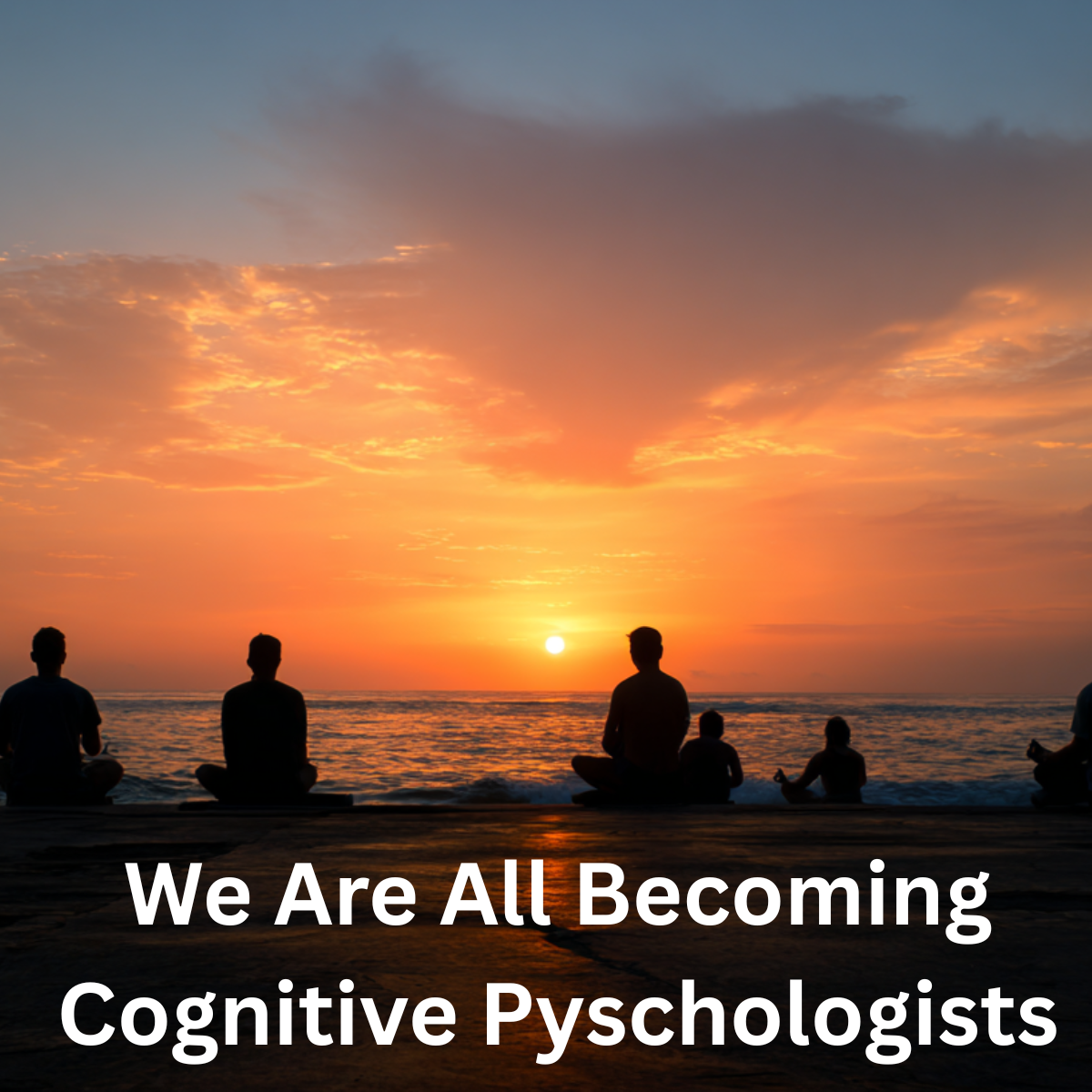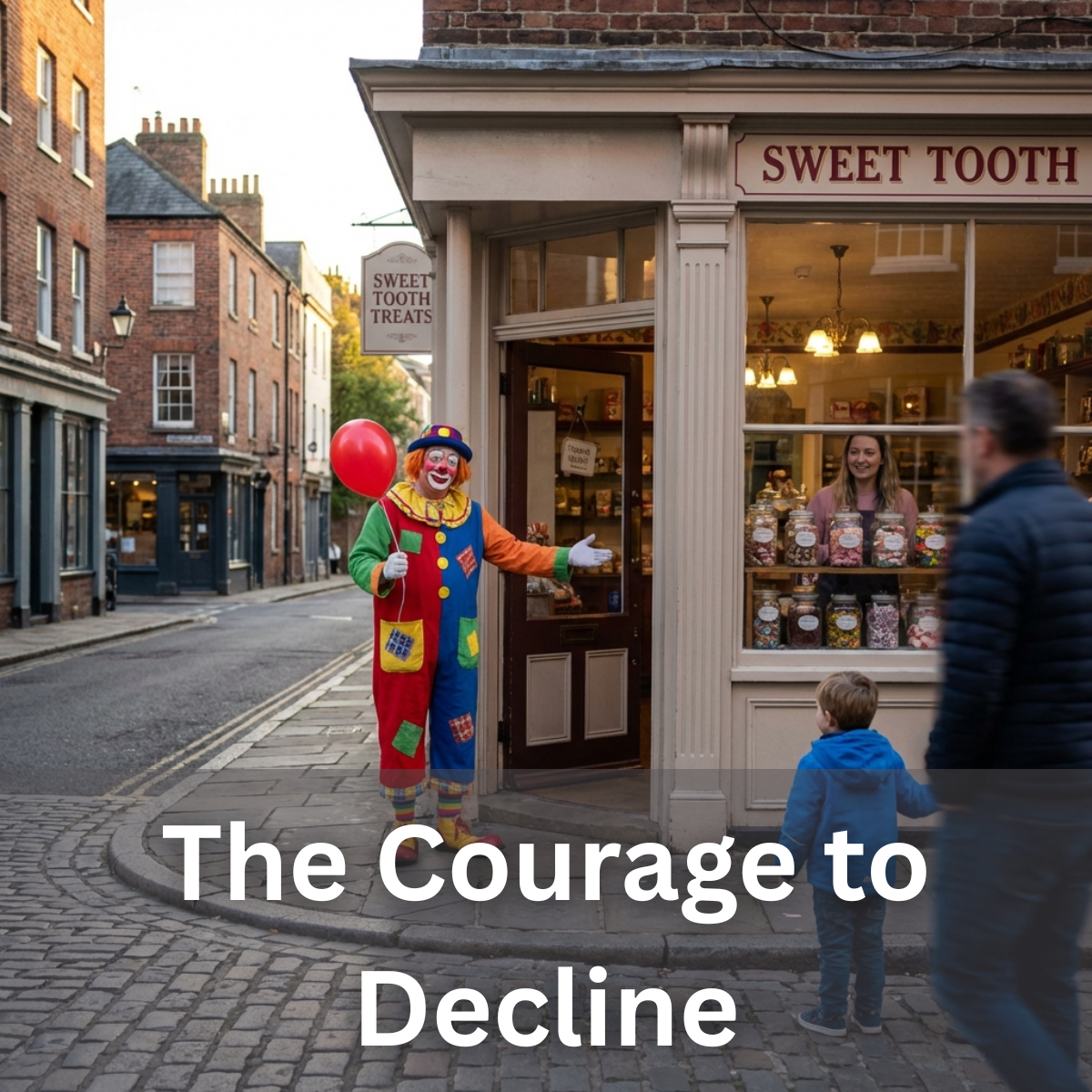My business partner and I took to the streets today to do some street interviews. Just a fun gimmick to launch ourselves into the short reel universe. We ended up talking to people from all walks of life, and because we were in La Jolla, most of them were on vacation. So we made fools of ourselves and interrupted their lunchtime to ask them questions about their use of Artificial Intelligence. Now in our defense, we bought many of them lunch and gave out free drinks and a variety of other things, and we were not too annoying; well, maybe a little.
It is quite incredible; when you talk to random people, you get an interesting cross section of people and their interests. One couple from France on their way to get married in Vegas, one couple heading off to a charity fundraiser they were sponsoring, another on vacation from Colorado, seeing all the San Diego tourism hot spots. As we inquired about AI, we received varied responses, but one thing remained consistent. They all understand the power of an AI tool that remembers things about you. Some were fearful about that, others were fine with that, but they all inherently knew why memory and context were so critical to an effective AI tool.
Which leads me to this conclusion. As AI tools become more a part of our lives, we are all becoming cognitive psychologists. We are all starting to learn how short term and long term memory impacts a conversation. We are starting to realize how important it is to provide context in our prompts. We know that a healthy mind is structured, has a concrete plan, and has a clear expectation of outcomes. We have a sense now of how valuable knowledge retrieval and storage are, and our ability to recall that when necessary is becoming an expectation of ours while having a conversation with a GenAI tool.
I daresay that we are learning the power of using correct language, appropriate descriptors, adding context, and keeping our communication succinct to get better results. Huh. I thought we already knew this. I suppose we forgot. Somewhere around 1979 perhaps, we slipped into a digressed state brought on by emerging 80s pop bands, acid rock, and screaming at the top of our lungs from the back of the bus, “we do not need no education.” However, we are back again. We lifted our heads up from our abbreviated T9 inspired texting abbreviations and have come full circle. We now have to use language again, and we have to use it correctly, and with the right structure to get the results we want from our new masters.
Unless of course, you use software that does all that for you. Someone asked me a few days ago, with the new software you are developing, what is your moat. Humanity, I replied. Humans’ insatiable desire to be as lazy as possible, that is my moat. If I can create an easier path for people to do something, then there will always be a market. While Cain and Abel were battling over their differences, Seth was busy figuring out how to sell easier ways to do work, or at least that is what I recall from my Sunday School lessons. Never underestimate the work avoidance protocol that runs deep in the veins of every human. So the insatiable desire driving AI is work avoidance. The insatiable desire that will drive all the tools that work with AI will also be work avoidance. Sure, call it ROI if you want to, but at the end of the day the theme is all the same. Why plow my twenty acres by hand when I can buy a John Deere 8RX 340 to do the job. If it was just ROI, I would buy the 5075E, but who wants to be seen plowing your alfalfa field with that tiny toy.
So we are all quickly learning cognitive science, and we are amazed at the realization that our new chat tools can talk to us with the intelligence of a toddler and the memory capacity of a miniature poodle. We can offload some work tasks, write love letters to our wives, and craft the essay on Fahrenheit 451 that is due this Friday. When asking a school teacher today what she thought was the best thing about AI, we asked, do you find lesson plans easier to build. Nope. Grading papers or coming up with assignments. Nope. Then what. It helped me make my travel plans. We were lazy in our cocooned search bubbles locked into Google, and now it has gotten even worse. Billions and billions of dollars spent on compute, storage, and training data, and most people will just use it for a query like, “the top ten places to eat in La Jolla.”
Perhaps there is hope for those of us that have spent years talking to psychologists, therapists, and social workers. After having spent years answering uncomfortable questions about context and our relationship with our mothers, we can now translate that into having a clear and productive conversation with an AI tool.




